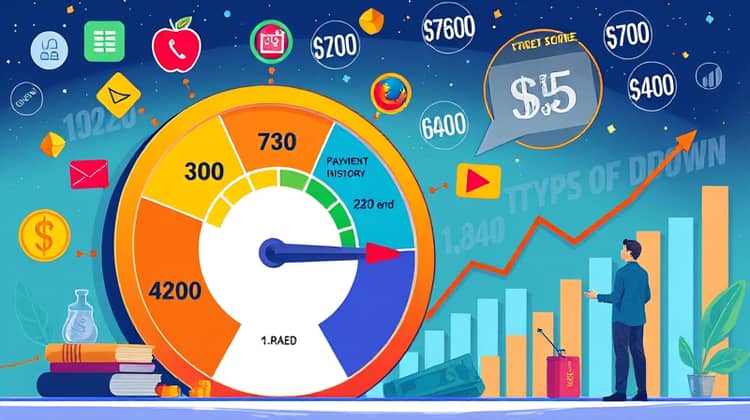In today's financial landscape, managing credit wisely is essential for maintaining a good credit score and making informed financial decisions. One aspect that often requires attention is credit card accounts, particularly when it comes to closing them. While closing a credit card might seem like a straightforward decision, it is crucial to weigh the pros and cons carefully before making any final decisions.
Many individuals find themselves pondering whether to close a credit card due to various reasons, such as high fees, lack of use, or an overwhelming number of accounts. However, it's important to understand how closing a credit card can affect your credit score and overall financial health. In this article, we will explore the reasons behind closing a credit card, its impact on your credit score, steps to take when closing an account, considerations to keep in mind, and alternative options to manage your credit effectively.
Reasons to Close a Credit Card

There are several reasons that might prompt someone to consider closing a credit card account. One of the most common motivations is the desire to avoid high annual fees that may not align with the benefits provided by the card. If a credit card is rarely used or doesn’t offer attractive rewards or perks, it might not be worth the expense associated with maintaining the account.
Another reason people might close a card is due to overspending. Some individuals find themselves accumulating debt on credit cards, leading to financial strain. By closing an account, it may help control spending habits and encourage saving as opposed to relying on credit.
- High annual fees
- Lack of rewards or benefits
- Overspending and debt management
- Avoiding confusion from multiple accounts
- Simplifying financial management
The Impact on Credit Scores

Closing a credit card account can have a significant impact on your credit score, which is an essential aspect of your financial health. Your credit score is primarily affected by factors such as your payment history, credit utilization, length of credit history, and the types of credit you hold. Therefore, understanding how closing a card affects these elements is crucial for making informed decisions.
When you close a credit card, particularly one that is older or has a high limit, you may increase your credit utilization ratio. This ratio reflects how much credit you are using relative to your total credit limit. A higher utilization ratio can negatively affect your credit score, making it essential to consider the consequences before proceeding with the closure.
Steps to Close a Credit Card Account

If you have decided that closing a credit card account is the best option for your financial situation, it’s important to proceed carefully. Follow these steps to ensure a smooth closure process.
- Pay off any remaining balance on the card.
- Redeem any rewards points if applicable.
- Contact the credit card issuer to inform them of your decision to close the account.
- Request to receive a confirmation of the account closure in writing.
By taking these steps, you not only safeguard your financial interests but also ensure that the closure is handled efficiently and professionally.
Considerations Before Closing

Before making a final decision to close your credit card, there are several factors you should consider.
- Assess how closing the card will affect your credit utilization ratio.
- Consider the age of the credit card and its impact on your average account age.
- Evaluate any outstanding rewards or cash back that could be lost.
- Think about whether you might need the card in the future for emergencies.
Alternative Options

Instead of immediately closing a credit card account, you might want to explore alternative options that can help manage your finances without negatively impacting your credit score. Here are some strategies to consider:
One alternative is to request a credit limit decrease on the card to minimize the temptation to overspend while keeping the account open. This can help you control your spending and maintain a lower utilization ratio without losing the benefits of having credit available.
Additionally, consider negotiating the annual fee or terms of your card to retain the benefits without incurring high costs. Many credit card issuers are willing to work with customers to keep their business.
- Request a credit limit decrease to control spending.
- Negotiate better terms with your credit card issuer.
- Consider switching to another no-fee card from the same bank.
Conclusion

In conclusion, closing a credit card account is a decision that requires careful consideration. While it may provide immediate relief from high fees or the burden of debt, it can also have a lasting impact on your credit score and financial health. Therefore, it’s crucial to weigh the reasons for closing the card against the potential consequences.
Before making a final decision, consider alternative options to manage your credit effectively and avoid negatively impacting your credit score. Additionally, always prioritize your financial goals and work towards maintaining a healthy credit history for future endeavors. By taking these factors into account, you can make a more informed decision regarding your credit card accounts.
Remember that your credit journey is a marathon, not a sprint. Each decision you make about your credit accounts can have long-term implications, so take the time to assess your situation thoroughly before taking action.














